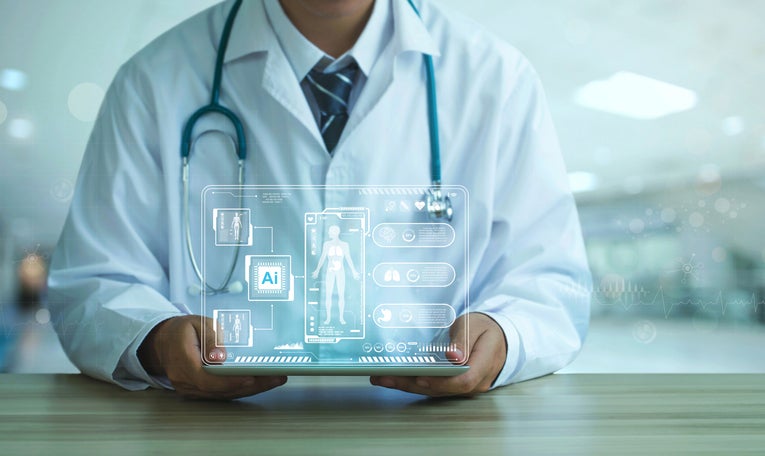
A group of Boston University researchers have designed a new AI model which can predict whether someone with mild cognitive impairment could develop the dementia associated with Alzheimer’s disease six years later.
The group of researchers said the model, which is powered by machine learning, is 78.5% accurate.

Access deeper industry intelligence
Experience unmatched clarity with a single platform that combines unique data, AI, and human expertise.
“We wanted to predict what would happen in the next six years and we found we can reasonably make that prediction with relatively good confidence and accuracy,” said Ioannis (Yannis) Paschalidis, director of the Hariri Institute and one of the authors of the study. “It shows the power of AI,” he added.
The team published their findings in Alzheimer’s & Dementia, the journal of the Alzheimer’s Association on 25 June.
Along with achieving an early diagnosis of dementia, the research team also said the AI model could help automate cognitive impairment screening.
Through the use of machine learning, the AI model could remove the need for imaging exams and lab tests which are time consuming and expensive.

US Tariffs are shifting - will you react or anticipate?
Don’t let policy changes catch you off guard. Stay proactive with real-time data and expert analysis.
By GlobalDataAI is increasingly being used in healthcare diagnosis. Foresight, an AI tool trained using information from NHS records, can be used by doctors to predict the type of health conditions a patient is likely to develop, according to researchers.
The AI tool was developed by researchers from University College London, King’s College London, St Thomas’ NHS Foundation Trust and King’s College Hospital NHS Foundation Trust.
Foresight is built on OpenAI’s GPT-pipeline and uses a patient’s health status and general clinical history to forecast and simulate future events.
“The proposed purpose of Foresight is not to enable patients to self-diagnose or predict their future, but it could potentially be used as an aid by clinicians to make sure a diagnosis is not missed or for continual patient monitoring for real-time risk prediction,” said Zeljko Kraljevic, researcher in health informatics, biostatistics and health informatics at King’s College London.
GlobalData predicts that the medical industry will receive a killer app for GenAI in 2024.
According to the report, the application will support an uncomplicated user experience for providing aging populations and their caregivers with significantly improved access to medical professionals, services, and benefits.
The research company said the application will be enabled through the use of data integration and management.
“The concept of access to multiple data systems at this level, coupled with AI-injected automation, has never been realised,” the report stated.
GlobalData forecasts that the overall AI market will be worth $909bn by 2030, registering a compound annual growth rate (GAGR) of 35% between 2022 and 2030.
In the GenAI space, revenues are expected to grow from $1.8bn in 2022 to $33bn in 2027 at a CAGR of 80%.







